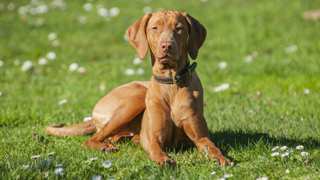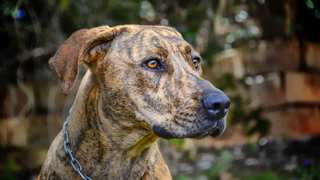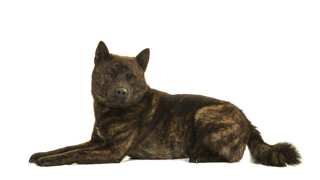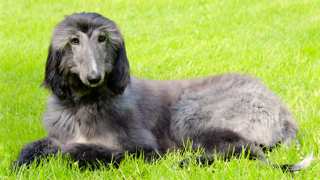Pudelpointers are versatile hunting dogs with plenty of agility and stamina, so they'll require a great deal of daily exercise in order to stay happy and healthy. These dogs are used to spending hours at a time running through the fields or woods on a hunt, so providing them with plenty of outdoor activity every day is a must. Suffice it to say there's not an ounce of couch potato in this breed; PPs are only suited for owners willing to provide their PP with lots of daily exercise.
And specifically how much exercise will a Pudelpointer need on a daily basis? The typical adult PP, depending on its age and overall activity level, will be okay with 60-90 minutes of proper physical activity per day--but these dogs can easily handle twice that or more. You can begin exercising your PP puppy at three months of age by taking it on short (10- to 15-minute) leashed walks, then increasing the walks' length and frequency as the puppy grows.
A few precautions to consider when exercising your Pudelpointer: first, puppies younger than nine months old shouldn't participate in activities that include a lot of jumping, running, and navigating of stairs, as doing so can injure their still-developing bones and joints. And regardless of age, it's best to put your PP on a leash when you're in public. As natural hunters, these dogs have incredibly high prey drives, and will instinctively chase practically any critter--birds, squirrels, cats, even small dogs--they come across; a leash will help you minimize these chasing tendencies. Even when exercising in your own yard (which is hopefully large!), the area will need to be securely fenced to avoid your PP chasing a squirrel into the next county.
Safeguards aside, it's vital that your Pudelpointer gets exercise every single day. If bored or restless, a dog of this breed will exhibit major behavior problems like impatience, disobedience, and destructiveness--so consistent exercise will be great for the dog's peace of mind, and for your own sanity as well. A few exercise ideas:
- Walking/Jogging: Two 30-minute walks (or 20-minute jogs) per day is a good target
- Hunting: Puts a Pudelpointer in its natural element
- Tug-of-War: Great indoor activity; use a rope or old towel
- Canine Sports: Pudelpointers excel at obedience or agility trials, flyball, and other competitions
- Swimming: These dogs love the water
- Hiking: Excellent bonding activity; bonus if you can find a remote area where the dog can be off-leash
When indoors, it's a good idea to give your PP access to one or more balls or chew-toys that will allow the dog to burn excess energy. It's also recommended that you establish a regular exercise schedule for the dog, such as walks or jogs after breakfast and dinner and a recreational activity in the afternoon.



